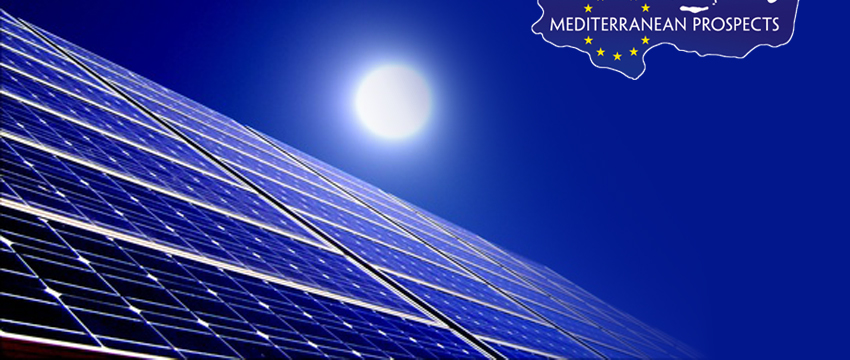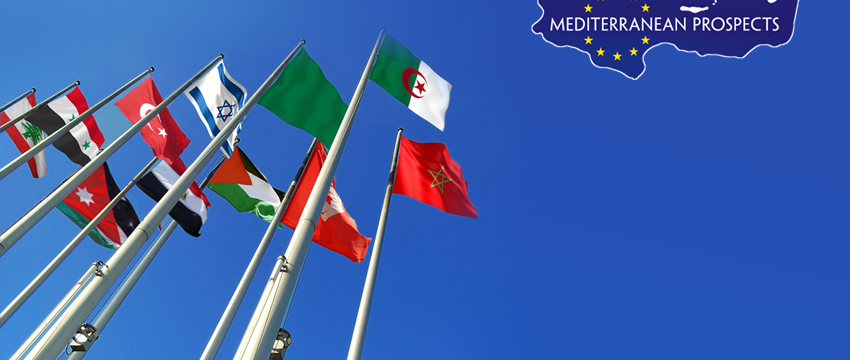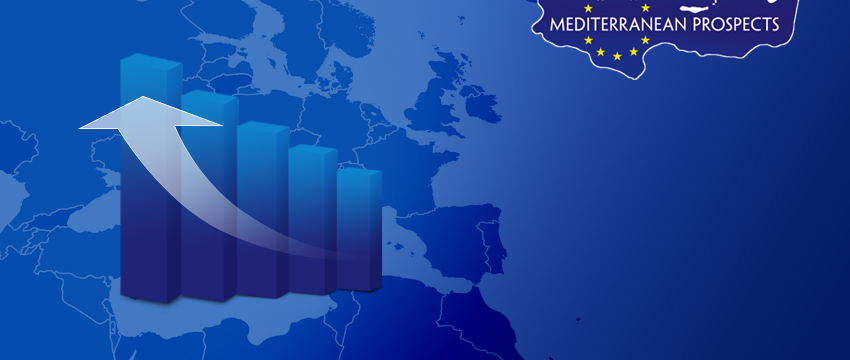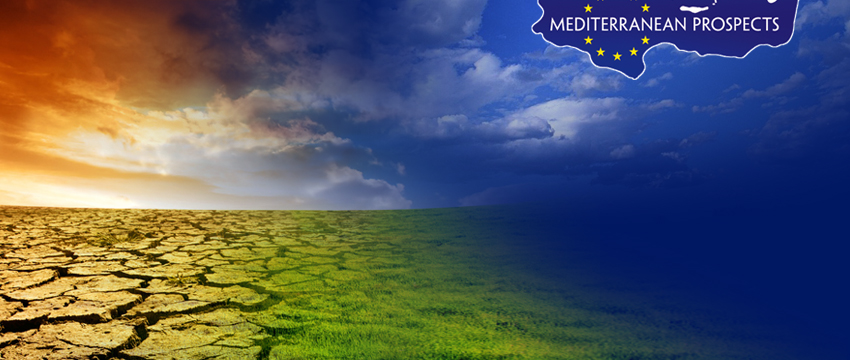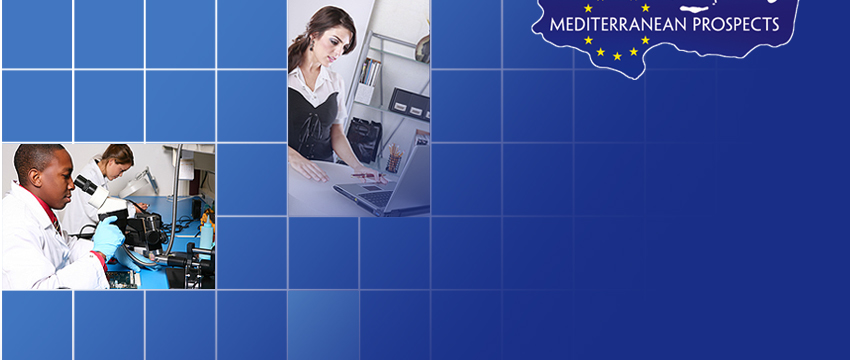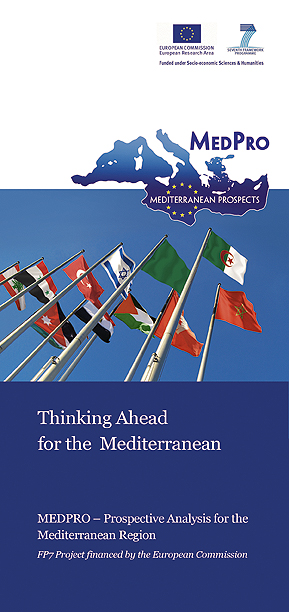- التنسيق العلمي
- الجوغرافية السياسية وحكومة
- الديموغرافيا، والصحة، والشيخوخة
- إدارة البيئة والموارد الطبيعية
- الطاقة، والتخفيف من حدة تغير المناخ
- التكامل الاقتصادي، والتجارة، والاستثمار، والتحليل القطاعي
- الخدمات المالية وسوق رأس المال
- رأس المال البشري، والحماية الاجتماعية، وعدم المساواة والهجرة
- وضع السيناريوهات وتقييم الأثر
- سيناريوهات التكامل الإقليمي والتعاون مع الاتحاد الأوروبي
Israel and Palestine and State (Un)Sustainability
ثلاثاء, 07/06/2011 - 08:52 | by admin
This report explores the concept of state (un)sustainability in Israel and Palestine. The starting point sees conflict resolution as an independent variable for any change and progress in the area, in terms of a political, just and credible agreement between the two parties, which will then play a decisive role in the development of the Mediterranean region. These developments and prospects for a solution are then evaluated on the basis of state (un)sustainability, a broad notion that refers to the possibilities for long-term development at the political, social and economic levels.
The very nature of Israel’s democracy and its relations with its Arab minority, the challenges related to the establishment of a viable and sustainable Palestinian state, and the regional dimension of all the actors involved are considered in order to evaluate future scenarios in this context. Three scenarios are tested: sustainability, which corresponds to the end of the conflict and the establishment of two viable and independent states with a tangible improvement in political and economic indicators; unsustainability, which refers to the perpetration of the political status quo and the progressive deterioration of all political, economic and social indicators; and finally, weak stability, which entails the achievement of a sterile political stability, able to sustain the present status quo but unable to confront the main challenges for the future of the country(ies).
Paolo Napolitano is a PhD candidate in Political Science and International Relations, University of Turin.
| المرفق | الحجم | الطلبات | Last download |
|---|---|---|---|
| MEDPRO TR No 5 WP2 Napolitano.pdf | 343.09 ك.بايت | 1413 | منذ يومين ساعة واحدة |
تاريخ المطبوعة:
Mon, 06/06/2011
المؤسسة: IAI

